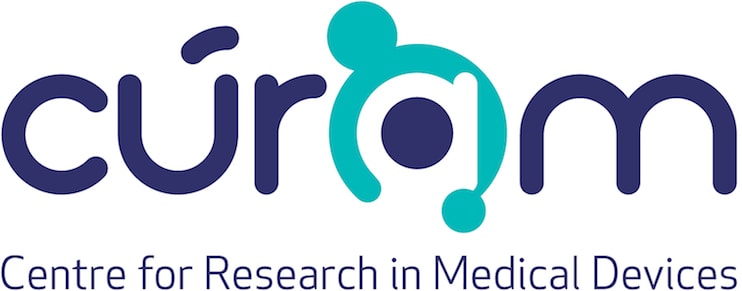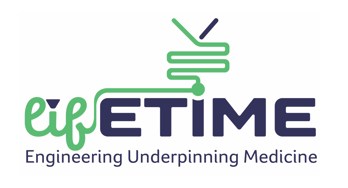Organs may not grow on trees, but they can on leaves
By LifETIME CDT Student: Xally Montserrat Valencia Guerrero (She/Her) (University of Glasgow) Have you ever thought about the similarity between an apple and a bone? Or maybe between a leaf and a human heart? It’s hard to think about what these things have in common, especially because they look nothing alike, their shape, colour, texture… everything …








